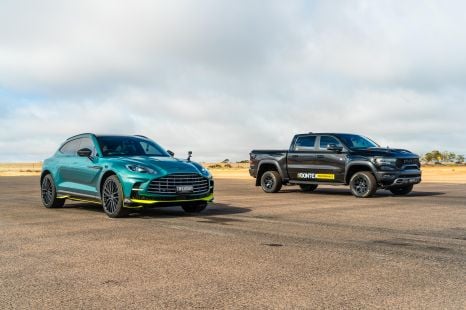

Paul Maric
1200hp RAM TRX vs Aston Martin DBX707 drag race
5 Days Ago

Contributor
Porsche has put a synthetic, entirely human-made fuel through its paces in the leanest, meanest 718 Cayman.
Rather than powering the new Cayman GT4 RS with pump petrol for its European debut, Porsche fuelled its new mid-engined hero with biofuel developed from food waste.
It’s only one of the eco-friendly fuels the brand is developing, and is set to feature in the Supercup race series during 2022.
The brand has placed itself at the forefront of bio- and synthetic fuel development, in a bid to keep its classic fleet on the road as the world pivots to electric power.

“We urgently need a solution for the sustainable operation of existing fleets,” said rally legend Walter Röhrl.
“This goal can be achieved with green fuels, which are a sensible complement to electric vehicles.”
“It’s a great hope of mine that in the future I will be able to drive old cars without a bad conscience because I am running them on eFuels,” Mr Röhrl said.

The headline is eFuel, a synthetic fuel being developed by Porsche in partnership with Siemens Energy, AME, Enel, and a Chilean petrochemical company using hydrogen, oxygen, and CO2 captured from the atmosphere.
Production kicked off in earnest earlier in 2022, and Porsche has plans to be producing 130,000 million litres per year by the end of 2022, and up to 550 million litres per annum by 2026.
The fuel being developed is a plug-and-play fit with today’s internal-combustion engines.
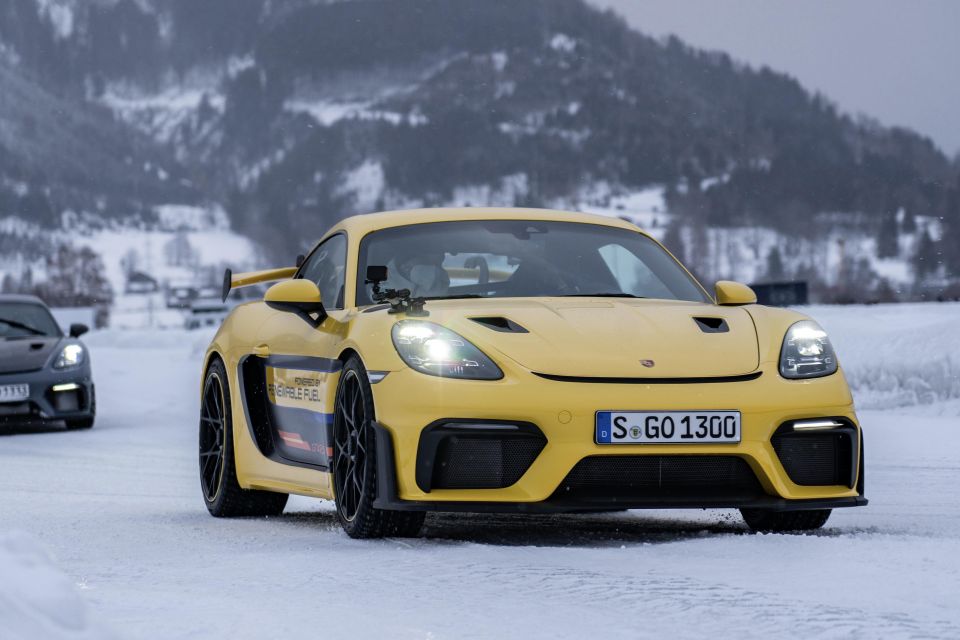
“Synthetic fuels have around eight-10 components, where today’s fuels have between 30 and 40,” head of the 911 model line, Frank-Steffen Walliser, told media in 2021.
“As it’s an artificial, synthetic fuel, you have no by-products, so it’s way cleaner – everything positive for the engine.
“At full scale, we expect a reduction in the CO2 impact of around 85 per cent. If you consider well-to-wheel, where we have to transport fuel, we have a global supply chain, everything around that – you have efficiency across the whole process.
“In a well-to-wheel consideration, it is on the same level as an electric car.”
CarExpert helps new car buyers save thousands with expert reviews, honest advice, and transparent pricing – no dealer pressure and no sales games.
Scott Collie is an automotive journalist based in Melbourne, Australia. Scott studied journalism at RMIT University and, after a lifelong obsession with everything automotive, started covering the car industry shortly afterwards. He has a passion for travel, and is an avid Melbourne Demons supporter.


Paul Maric
5 Days Ago
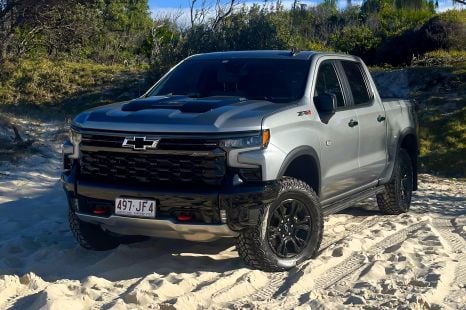

William Stopford
5 Days Ago
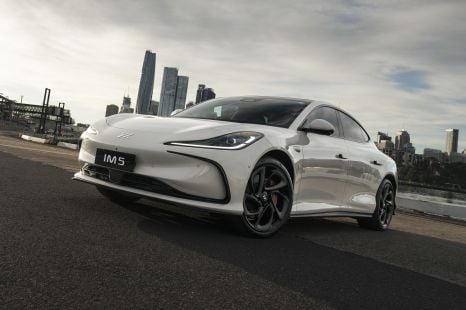

William Stopford
4 Days Ago
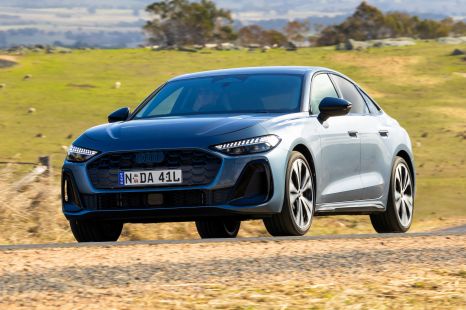

James Wong
3 Days Ago
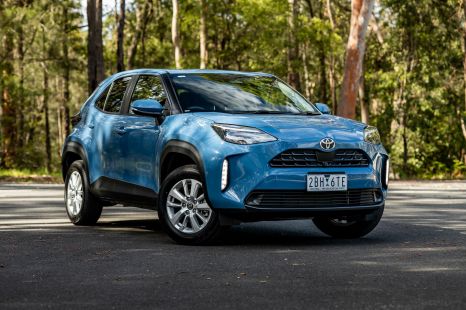

Matt Campbell
2 Days Ago
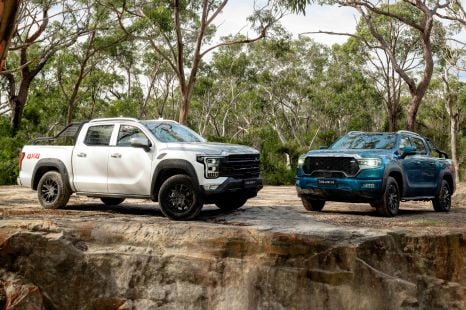

William Stopford
6 Hours Ago